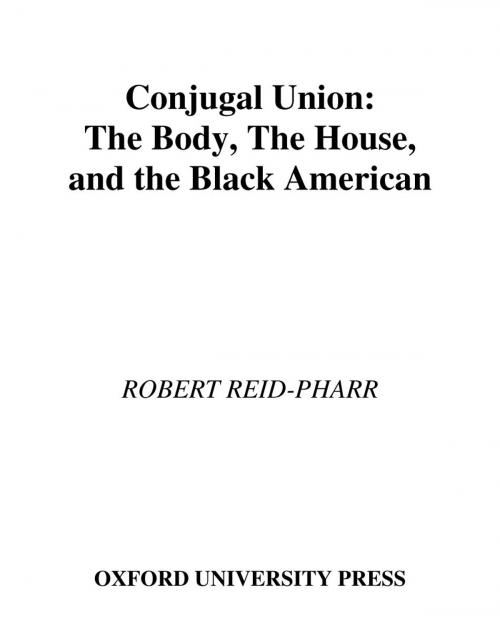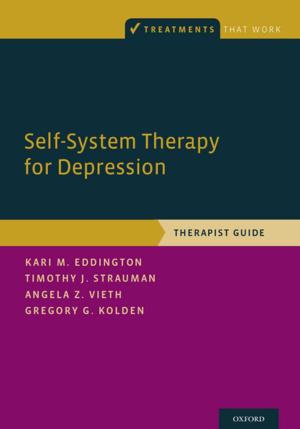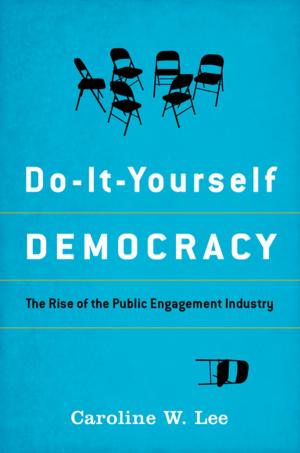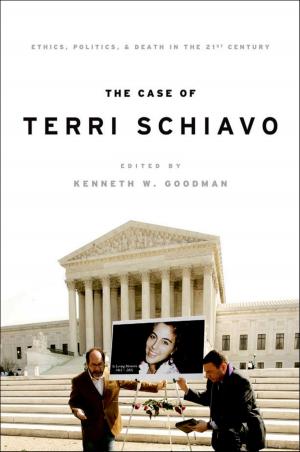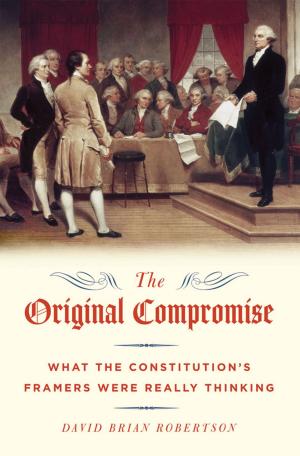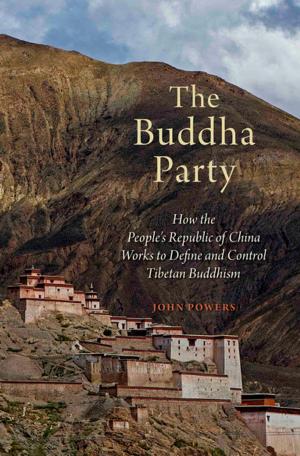Conjugal Union
The Body, the House, and the Black American
Fiction & Literature, Literary Theory & Criticism, Black, American, Nonfiction, Social & Cultural Studies, Social Science, Cultural Studies, African-American Studies| Author: | Robert F. Reid-Pharr | ISBN: | 9780190282950 |
| Publisher: | Oxford University Press | Publication: | July 22, 1999 |
| Imprint: | Oxford University Press | Language: | English |
| Author: | Robert F. Reid-Pharr |
| ISBN: | 9780190282950 |
| Publisher: | Oxford University Press |
| Publication: | July 22, 1999 |
| Imprint: | Oxford University Press |
| Language: | English |
In Conjugal Union, Robert F. Reid-Pharr argues that during the antebellum period a community of free black northeastern intellectuals sought to establish the stability of a Black American subjectivity by figuring the black body as the necessary antecedent to any intelligible Black American public presence. Reid-Pharr goes on to argue that the fact of the black body's constant and often spectacular display demonstrates an incredible uncertainty as to that body's status. Thus antebellum black intellectuals were always anxious about how a stable relationship between the black community might be maintained. Paying particular attention to Black American novels written before the Civil War, the author shows how the household was utilized by these writers to normalize this relationship of body to community such that a person could enter a household as a white and leave it as a black.
In Conjugal Union, Robert F. Reid-Pharr argues that during the antebellum period a community of free black northeastern intellectuals sought to establish the stability of a Black American subjectivity by figuring the black body as the necessary antecedent to any intelligible Black American public presence. Reid-Pharr goes on to argue that the fact of the black body's constant and often spectacular display demonstrates an incredible uncertainty as to that body's status. Thus antebellum black intellectuals were always anxious about how a stable relationship between the black community might be maintained. Paying particular attention to Black American novels written before the Civil War, the author shows how the household was utilized by these writers to normalize this relationship of body to community such that a person could enter a household as a white and leave it as a black.
